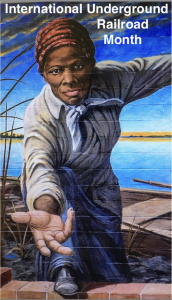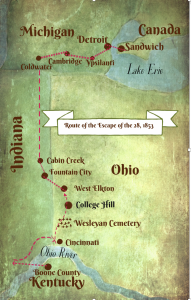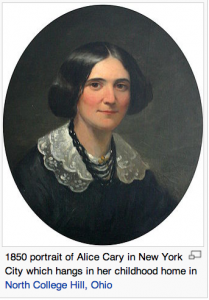Ta Nahisi Coates at Xavier University
In the era of the Underground Railroad, enslaved people of color took charge of emancipating themselves, and white abolitionists figured out ways to assist. It took later historians like Larry Gara and Keith Griffler to deconstruct the myth that set white people up as the conductors and even originators of the northward movement of freedom seekers. Ta Nahisi Coates’s lecture tonight at Xavier University showed that he too is a dismantler of myths.
It was in his own words almost “providential” that his lecture was postponed until after the presidential election, and Coates words were a call to action illumined by the lessons of history. He tacitly adjured the white progressives in the audience not to be panicked over the wave of racism emerging in the election’s wake, but to learn from the wisdom of African Americans whose strength has been forged in the crucible of struggle for four hundred years in America. He read from W.E.B. DuBois’ work Black Reconstruction to remind us the specifics of how people of color have known struggle since racism was officially created by colonial legislation in 1619. He challenged the analysis that says the presidential election was the result of anger over economic distress and a mandate to return to a mythological golden age of prosperity after WWII. Instead, Coates argued, the election was the result of manipulation of that complex core of American identity: racism. He locked horns with one of our sacred cows by saying African Americans did not see 9/11 as the beginning of new reign of terrorism, instead pointing to the century of domestic terrorism they endured from the time of Reconstruction/ end of the Civil War.
“Struggle is in our DNA,” he said. By inference, progressives in the audience would do well to let African Americans take the lead in the current chapter of the struggle for justice. It was a message of unity, a welcome message in these divisive and volatile times, and a message clearly heard by the young people whose enthusiastic applause and standing ovation showed their relief at this truth-telling. Coates said there is much to be learned from the history of struggle, and particularly that of the African American kind, where black people went on struggling day after day, even when “the entire arc of their lives was enslavement.” Emancipation, victory, or even just the amelioration of daily suffering, was never certain – Coates pointed out we can’t even know what is going to happen tomorrow – and he cited the example of heroes like Ida B. Wells who worked her entire life to expose and end lynching, putting herself at great peril in her investigative forays into the South. He said we can’t be discouraged by failures and only rely upon successes, since “if we start judging things by victories, that negates all those who struggled and didn’t see victories,” like Wells. Instead, Coates said, we must pick our battles, choose with care what are the big questions we are going to take on, and, in his parting words, to honor that history of struggle by carrying it on ourselves.
Coates is an American writer, journalist, and educator. Coates is a national correspondent for The Atlantic, where he writes about cultural, social and political issues, particularly as they regard African-Americans. He is the author of Between The World And Me, and The Beautiful Struggle.

 Previous Post
Previous Post Next Post
Next Post

